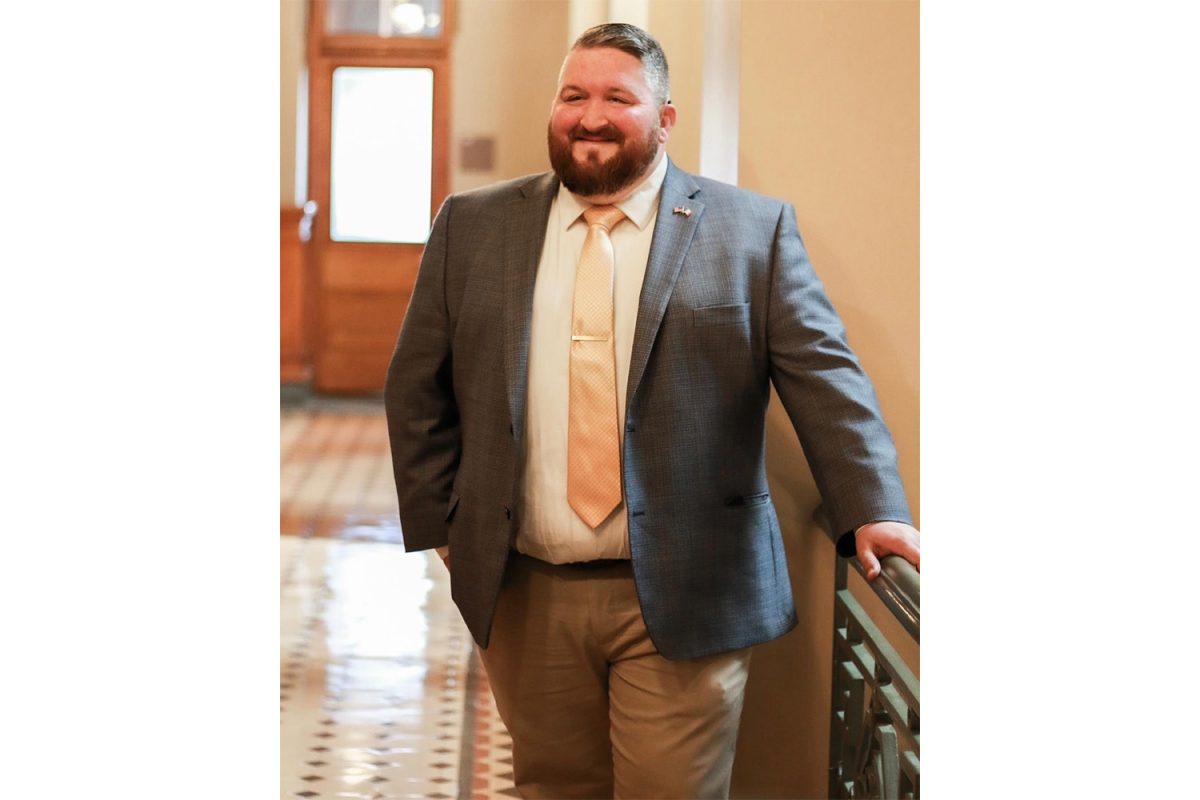More than a dozen students and community members gathered at Old Brick on Wednesday evening to commemorate a more than 60-year-old document.
Amy Weismann, the associate director of the University of Iowa Center for Human Rights, said the Universal Declaration of Human Rights was created by the constituents of the United Nations in response to what occurred in World War II.
Weismann said the declaration is often thought of as a foundational document of the modern human-rights movement because it was the first international articulation that set universal principles intending to apply to all people.
“There had been a number of philosophical movements,” she said. “There was no agreed upon set of ideas that one could say applied to everyone and that was intended to be applicable to everyone … in that regard, it was quite a radical declaration.”
Weismann said the declaration has been more influential than any other human-rights instrument in the world because it’s the most widely translated document in the world, and it has been incorporated into many nations’ constitutions.
“It’s often the case that international human-rights laws have been criticized as being unenforceable,” she said.
Ed Flaherty, the director of Veterans for Peace Iowa Chapter 161, said Veterans for Peace is against war because it is a violation of every human right.
“Pick one of the 30 articles of the Universal Declaration of Human Rights, and Veterans for Peace fits in,” he said.
Flaherty said the declaration does not serve as a panacea by stating the rights of individuals, but rather it serves as an inspiration for nations creating new laws.
“A lot of things need to happen to secure peace,” he said. “Law is one of them.”
Flaherty said children who go to school in the United States become familiar with the Declaration of Independence and the Constitution, and that the rights declaration ought to be taught as well because of its importance.
“I was 50 years old before I had ever read the Universal Declaration of Human Rights,” he said. “At the university level, I would guess that 96 percent are unfamiliar with it.”
Flaherty defined war as legalized murder and said its very existence is a violation of basic human rights.
“Killing ten thousand people is OK, but killing one person is murder,” he said.
Iowa United Nations Associate Director Cora Metrick-Chen said there are a lot of different local organizations that work on things related to human rights, but a limited number of organizations are specifically working toward human rights.
“The university’s Center for Human Rights is doing a really good job at getting started at being sort of a hub for people who are interested in human rights,” she said.
Metrick-Chen said student groups on campus such as Amnesty International are very involved in human rights, which came out with a statement saying that it backs the rights declaration.
“There are a lot of people in the city who are working on human rights,” she said. “But I would say the bulk of accomplishments, things actually getting done, are being accomplished by people who aren’t proclaiming to be working in human rights.”






